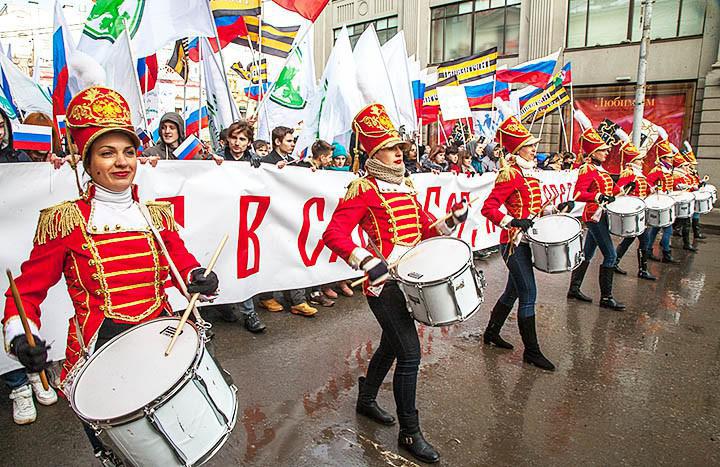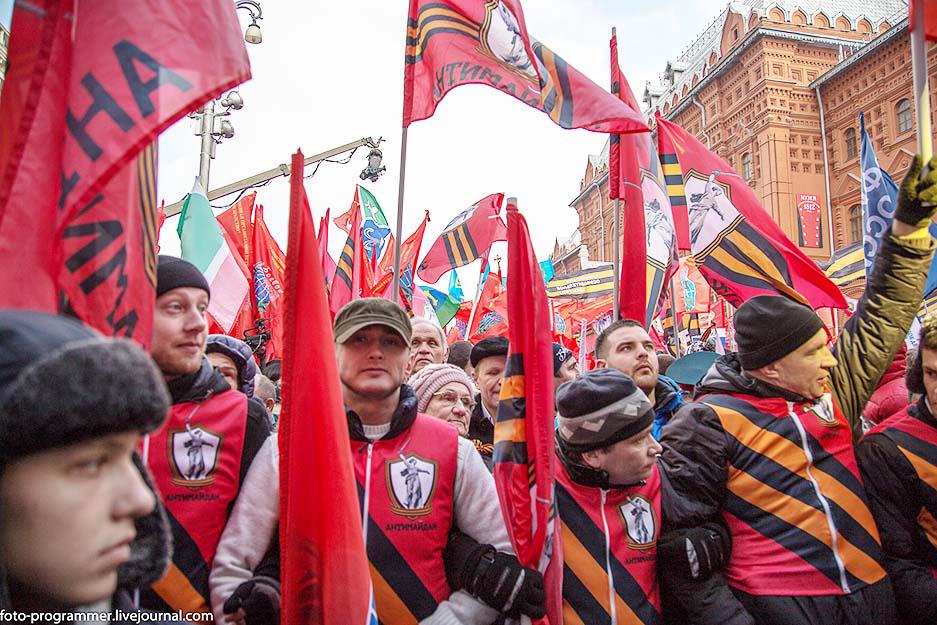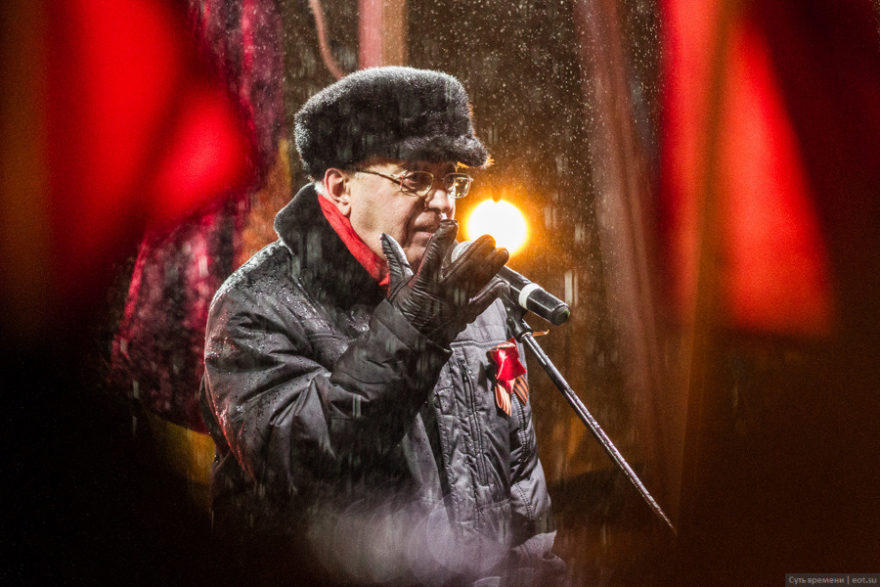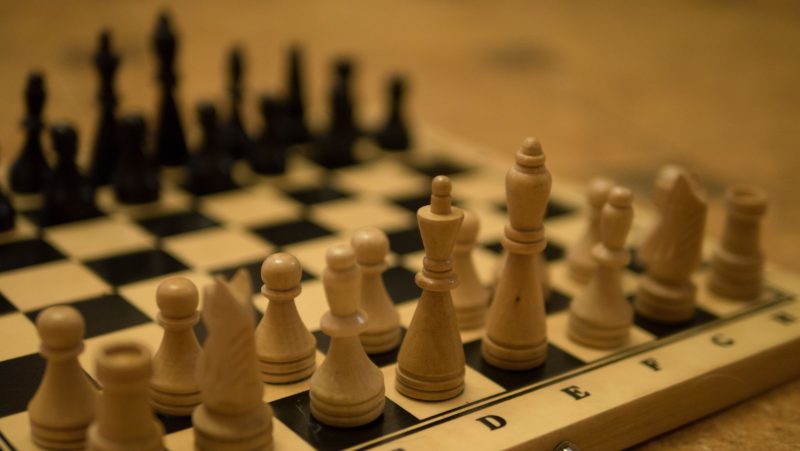Capitalism is mutating. On one hand, it exists, and we see that we live in the midst of it. On the other hand, it is rewriting its own fundamental codes. In fact, it’s doing so in such a profound way, that it has become unclear whether or not this is still even capitalism.
A physician is standing at a patient’s bedside and says “I see a certain ‘individual occurrence’ in the form of uncontrolled twitching of the muscles of the right leg. This twitching is becoming too forceful, and it may threaten the health of the patient. I recommend such and such interventions, which will allow us to get rid of this dangerous twitching. I see a different ‘individual occurrence’ in the form of uncontrolled twitching of the muscles of the left leg. This is also dangerous. I recommend such and such interventions to treat this new ‘individual occurrence’.”
Others tell the physician, who has become carried away, “Colleague, the patient is thrashing about, because he is hypoxic; he can’t breathe. Let’s give him an oxygen mask.”
The physician answers, “I’m reacting with specific interventions to specific ‘individual occurrences’. You, I beg your pardon, are throwing everything into the realm of the universal.”
Individual occurrence #1 is the Debaltsevo cauldron [a battle between DPR/LPR and Ukrainian forces lasting 14 Jan – 18 Feb, 2015], the Minsk II Agreement (signed on 11 Feb, 2015), and the post-Minsk escalations.
Individual occurrence #2 is the request to authorize an “anti-crisis” opposition march in Moscow (submitted on Feb 16, 2015), in which one can perceive an obvious, though for now poorly-articulat
Individual occurrence #3 is the creation of a non-governmental “Anti-Maidan” committee in Russia, which was announced on January 15, 2015.
Individual occurrence #4 is the “Anti-Maidan” procession in Moscow on February 21, 2015, which was strange in terms of genre, content, and timing, followed by an even stranger rally.


Individual occurrence #5 is the murder of Boris Nemtsov near the Kremlin walls on February 27, 2015, two days before the “anti-crisis” march. To add to this, the authorities caved into the would-be “Maidan revolutionaries” who demanded that they be given the opportunity to make their mischief not in Maryino, but near the Kremlin walls. [Marches like this are legally approved or rejected in Russia in the course of two weeks after the submission of a request for the march. After Nemtsov was killed, the opposition demanded to approve the new march, which was supposed to take place in 12 hours and the authorities did so]
Individual occurrence #6 is the “anti-crisis”/fu
Individual occurrence #7 is the US and NATO being progressively more involved in aiding Ukraine.
Is there something universal these distressful individual occurrences? And, what is it? All of the political scientists who have their allegiance to the so-called school of positivism will tell you that there’s nothing in common. But, positivist physicians will also tell you that the patient is only having muscle twitches, period. The diagnosis of hypoxia is a transition from the “one true positivism” to “unacceptable Hegelian-Marxist quirks”. [Positivists refer to the dialectics of the universal, the special, and the individual as “quirks”. But, this is what allows one to discover the universal in the world – laws, essences, and patterns. The universal does not exist independently, in and of itself, but only in the individual (the unique), and through the individual. But, the individual also does not exist without the universal. “The individual exists only in the connection that leads to the universal”, wrote V.I. Lenin. In order to see the universal, to understand its essence, its patterns and so on, one needs to “extract” it from the individual, and to see it in its “pure” form.] Of course, no physician today would follow these kinds of positivist recommendations so stubbornly. But tomorrow, this may very well change (a trend in medicine towards something of the like clearly exists). Physicians will start treating individual muscles just like politicians and national security operatives treat individual incidents.
Meanwhile, that universal entity, which is expressed in the seven “individual occurrences” listed above, is rather obvious. And, interestingly enough, it is rather close to that universality which I referred to as “the suffocating patient becoming hypoxic”. The patient, who goes by the name of “modern humanity”, has an acute deficit of “historical oxygen”. In fact, this deficit is that universal which begets the seven “individual occurrences”/inc
Therefore, before discussing each separate incident as a certain political “individual occurrence”, let us first talk about the universal, which is this very deficit of historical and teleological oxygen.
In my editorial column, I already began discussing this universal entity. It is the necessity to respond to the challenge of the formation of a global reality devoid of historical oxygen, and therefore, a dehumanized reality. I have already called attention to the fact that the notorious phenomenon of globalization represents the formation of such a reality, in which peoples and states begin to suffocate and thrash about. And, as soon as this reality takes hold, Russia will die. This means that Russia can preserve itself only if this reality does not take hold. But, in order for this not to happen, a different reality must be created. In other words, a different global project must come into existence.
In its fight for a different global project, Russia not only defends its right to live, but also for something incomparably greater, for humanity’s right to live and to breathe this historic, and therefore, humanistic oxygen. If we fail to defend this right to oxygen, the death of Russia and of humanity is inevitable. Therefore, in defending this right, in combating the process of total dehumanization known as globalization, Russia is defending both itself, and all of humanity.
Some will say, “Why do you keep going on about this humanistic oxygen?! You might think that humanism is something unconditionally good, without which humanity cannot continue to live. In actuality, though, humanism has been profoundly discredited, and it is extremely ambiguous. For some, humanism is just a return to pre-Christian, ancient Greco-Roman entertainment and intellectualizat
I can and must give such a definition. It is this: humanism is the faith in the boundless abilities of humanity, which it attains through the process of virtuous ascension. Period.
So, first of all, it is a faith. This is because humanity does not have boundless abilities, and nobody can prove that, at any stage of its development, humanity will attain certain abilities which would appear incompatible with the laws of nature that exist to this day. I have the right to believe in the boundlessness of these abilities, and somebody has the right not to believe in them, and I will never convince the unbeliever of anything. That is precisely why it is a faith. And, when some say that they have faith, while we do not, this is untrue. And, when others say that faith is bad, and one should not have it at all, this is also untrue, because one cannot remain human without faith. Indeed, one cannot live without faith, either.
Secondly, humanism is not just faith in the boundless abilities of humanity (you never know how evil these abilities might be!), humanism is faith in that humanity will attain these abilities not just by way of development and progress, but through the process of virtuous ascension. Without ascension, it will not attain these boundless abilities. Without virtue, it will attain certain abilities inasmuch as they relate to evil, and it will destroy itself.
I cannot discuss humanism in greater detail here. I simply have to assign a certain framework to the discussion. And, having assigned this framework on a metaphysical and a conceptual level, I return to political strategy. Because, dehumanization is not just metaphysics or a concept, it is also a political strategy. From the standpoint of political strategy, dehumanization is the authentic content of the so-called globalization. It must then be examined as such.
I will now offer the reader some of the most basic examples of what can be seen as signs of the global dehumanization which is being carried out.
You, for example, begin to hear that certain realms of human existence must develop as sectors of the market. That, for example, education, culture, and medicine, are services. That there is a market for these services. And in this market, you are a consumer.
Then they tell you that there is a service sector that relates to family life. For the institution of the family is one of the most important institutions. You are told that you should act in all things relating to the well-being of your family from the standpoint of the market, consuming services provided by various organizations. Some sort of child protective service foundations, for example.
And you, with a heavy sigh, start becoming amenable to such argumentation. Because indeed, probably, everything in life is a service in its essence, and that means that there must be a market for services everywhere, and so on.
In actuality, far from everything is a service. And, as long as the state exists, as well as a society that is at least a minimally capable of action, everything will never become a service. For example, is national defense a service, or is it not?
If everything turns into a service, then that is the very moment when the state disappears.
But, let us even suppose that services are good, and everything should become a service. Then there must be a dialogue that takes place between you as the buyer of these services and their producers. With certain private organizations, foundations, companies, and whatever else.
If the state itself starts telling you that a certain sphere of activities is a service, then it must from the process, granting you the right to buy these services from whoever you see fit, or to not buy them at all. Moreover, it must then stop collecting taxes from you which were supposed to be spent on the functioning of this sphere of activities (for potential critics, who would start screaming here that I am proposing to get rid of taxes, I will explain: I am proposing the polar opposite; I support taxes by means of which the state can carry out its functions as the state).
But, when the state tells you that you must purchase services specifically from a certain organization, which is not part of the state, and it will use the taxes collected from you to purchase them.., when the state starts telling you that it will mandate you to consume the services it acquired for you.., then this is no longer the logic of the market. This isn’t even the logic of a service market. This is a mutation. It is a mutation of the real meanings, the logic of the market, and of the essence of capitalism (in which, supposedly, everything must be determined only by the market itself, and there can be no extra-economic, or extra-market coercion. No one and nothing but the market can make somebody buy a service, or goods for that matter).
Even with all of its absurdity, this mutation has to have a meaning. But first and foremost, it has to be determined that a mutation has taken place. And, that a certain actor is organizing it with a certain purpose in mind.
When he was a college student, my close friend Yuri Vulfovich Byaly played in my theater. He would come home from rehearsals rather late. He lived in Balashikha. In Soviet times, it was a rough neighborhood. Once, as he was walking home down a poorly lit street, he ran into a gang of twenty people. The gang proposed that Yuri Vulfovich buy a brick from them, which had a red ribbon tied around it.
The gang wasn’t stupid. The price of a brick without a ribbon is the price of a brick. Now, the price of a brick with a ribbon is the price of a work of art; it can be very different.
The gang of robbers, armed with knives, robbed Yuri Vulfovich of everything he had. But, they managed to present the robbery as Yuri Vulfovich voluntarily consuming the services of a company that produces works of art.
When certain government agencies, completely ignoring all of President Putin’s messages regarding the unacceptability for Russia of anything but the traditional family, announce that services from certain so-called “family” foundations, which in actuality are part of a forced foster care system, must be consumed voluntarily by Russian citizens, despite the fact that these foundations are directly involved in deciding whether or not a child will remain in the family, then this is the provision of a mandatory service to Russian citizens. In other words, a certain gang is selling them something like a brick with a ribbon tied around it. Moreover, there is an aim to legalize this kind of banditism not just in Russia, but on a global scale.
But, it is not enough just to call this banditism. It is not enough to even describe certain specifics of the criminal world. It is necessary to come to an understanding of why this banditism has all of a sudden begun a victorious march through the towns and villages of the West, now reaching our doorstep. Why is it that before it could neither take such a commanding position there, nor gain a foothold here, but now it can?
It could not do this before, but now it can, because before there was one type of capitalist reality; and now, a different kind of reality has replaced it. In fact, the new capitalist reality is not just dissimilar to the old one. It fundamentally contradicts its predecessor. It does not even fit into the framework of everything considered to be the inalienable characteristics of capitalism. This means that capitalism is mutating. On one hand, it exists, and we see that we live in the midst of it. On the other hand, it is rewriting its own fundamental codes. In fact, it’s doing so in such a profound way, that it has become unclear whether or not this is still even capitalism. Admittedly, of course it’s capitalism, but it differs so strikingly from everything that was considered to be the defining features of capitalism, that what is taking place can only be explained by a most profound mutation of capitalism.
What then, capitalism lived all this time, and then it just mutated in front of our eyes?
Of course not. The mutation that we are currently witnessing is far from the first of its kind. We are evidently dealing with several subsequent mutations of classical capitalism.
The first of these mutations is the transformation of classical capitalism into imperialism…
(To be continued…)
Source (for copy): https://eu.eot.su/?p=9472
This is the translation of the first part of the first article (published in “Essence of Time” newspaper issue 117 on March 5, 2015) by Sergey Kurginyan on the new ongoing mutation of capitalism. Capitalism is destroying nation states in favor of a global state; it is destroying the family as an institution, and it is reformatting itself into something entirely anti-humanistic. In doing so, the new mutated capitalism, with its twin brothers, neofascism and radical Islamism, inevitably clashes with classic capitalism. Whose side should Communists be on in this battle? You will find the answer in this series of articles.




